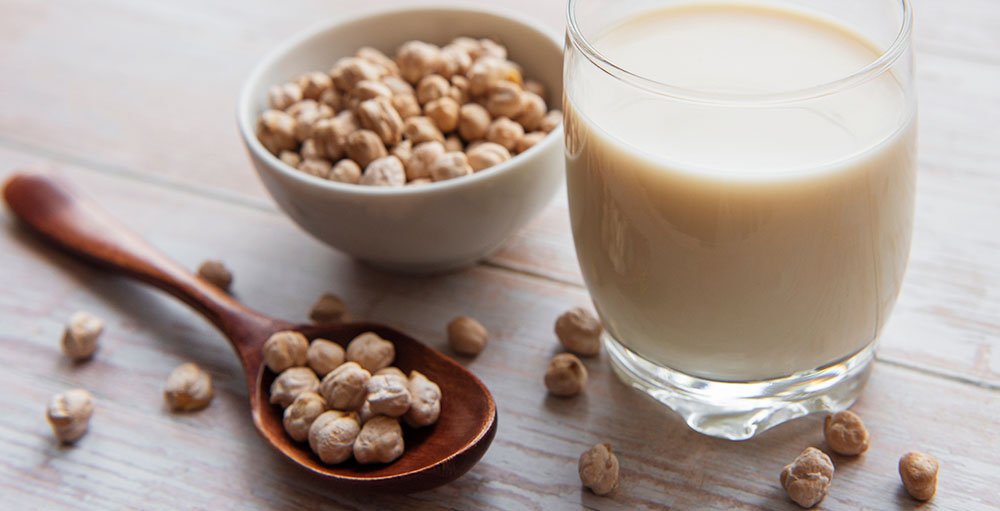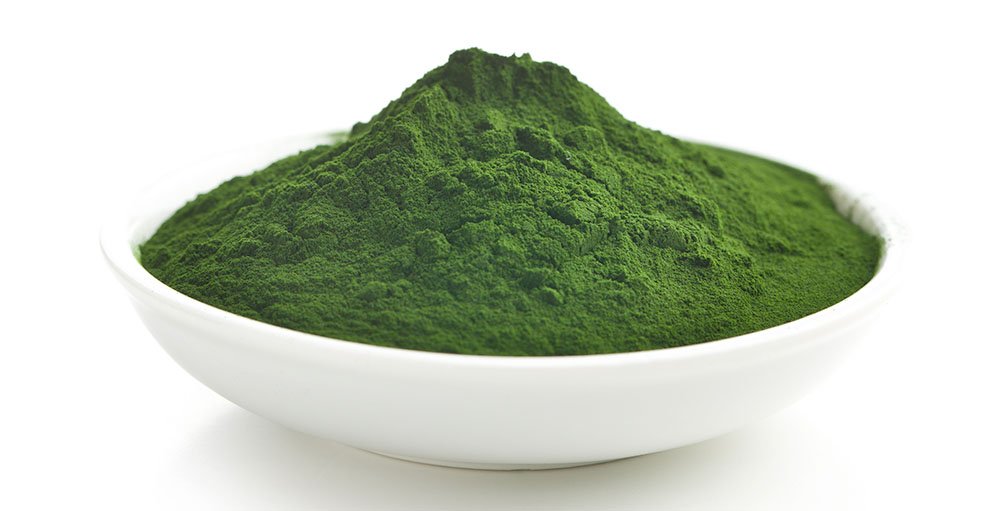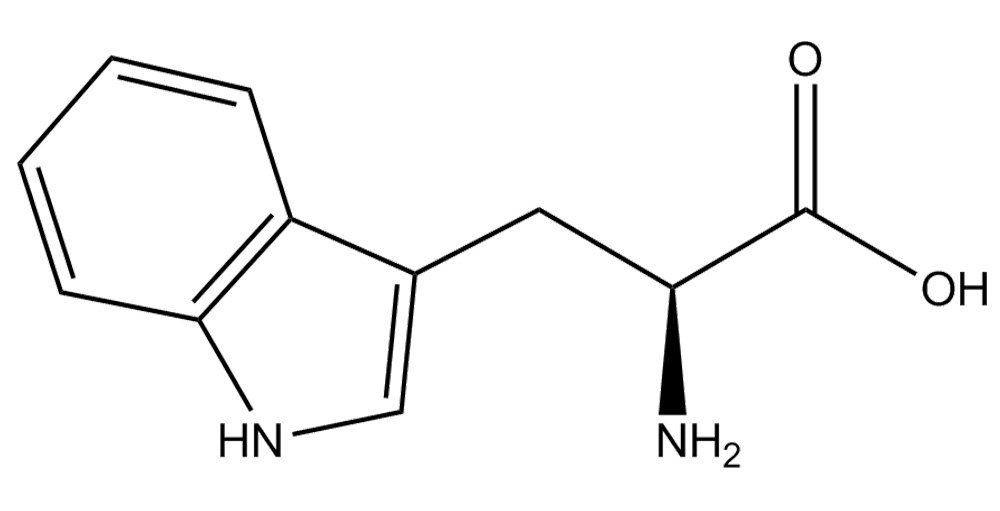Ingredients of supplements
In this section I will look at the ingredients of supplements, what they do and how they combine to for some of the supplements I have looked at on the website.
Common Ingredients
What are Supplements?
Supplements are products that are intended to supplement the diet and provide nutrients that may be missing or insufficient in a person’s regular diet.
They come in many forms, including tablets, capsules, powders, and liquids, and can be made from a wide variety of ingredients, including herbs, amino acids, and vitamins.
Some supplements are used to address specific health concerns, while others are intended to improve overall wellness.
It is important to note that supplements are not intended to replace a healthy diet and lifestyle, and they should be used with caution, as they can interact with medications and have potential side effects.
Supplements in Tablet Form
Many supplements come in tablet form. Some examples include:
- Multivitamins: These are tablets that contain a combination of various ingredients, vitamins and minerals that are essential for good health.
- Fish oil: Fish oil tablets are a source of omega-3 fatty acids, which are important for heart health and brain function.
- Calcium: Calcium tablets are a supplement that can be used to help prevent or treat osteoporosis (a condition characterised by weak and brittle bones).
- Probiotics: These are tablets that contain live microorganisms as ingredients that are similar to the beneficial bacteria found in the human gut. They are often used to improve digestive health and boost the immune system.
- Iron: Iron tablets are a supplement that can be used to treat or prevent anaemia (a condition characterised by a lack of red blood cells).
- Herbal supplements: Many herbs and ingredients are available in tablet form, including St. John’s wort (used to treat depression), ginkgo biloba (used to improve memory and cognitive function), and saw palmetto (used to treat symptoms of an enlarged prostate).
Supplements in Capsule Form
Many supplements come in capsule form. Some examples include:
- Garlic: Garlic capsules are a supplement that is believed to have a number of health benefits, including reducing blood pressure and cholesterol levels and boosting the immune system.
- Green tea: Green tea capsules are a supplement that is rich in antioxidants and may have a number of health benefits, including helping to reduce the risk of heart disease and certain types of cancer.
- Curcumin: Curcumin is a compound found in turmeric, and it is available in capsule form as a supplement. It is believed to have anti-inflammatory properties and may help to reduce the risk of certain diseases.
- Glucomannan: Glucomannan is a type of fiber that is available in capsule form as a supplement. It is believed to help with weight loss and improve cholesterol levels and is one of the core ingredients in fat burners.
Supplements in Powder Form
Some supplements come in powder form. Some examples include:
- Protein powders: These are powders that contain concentrated sources of protein, which is an important nutrient for building and repairing tissues in the body. Protein powders are often used by athletes or people trying to gain weight. It is one of the core ingredients of many meal replacements
- Creatine: Creatine is a powder that is often used by athletes to improve muscle strength and performance.
- Prebiotics: Prebiotics are substances that stimulate the growth of beneficial bacteria in the gut. They are often available in powder form and can be mixed into drinks or smoothies.
- Collagen: Collagen is a protein that is found in the skin and other connective tissues. It is available in powder form as a supplement and is believed to have a number of health benefits, including improving skin health and reducing the appearance of wrinkles.
- Acai: Acai is a type of berry that is native to Central and South America. It is available in powder form as a supplement and is believed to have a number of health benefits, including improving heart health and aiding in weight loss.
Supplements in Liquid Form
Some supplements come in liquid form. Some examples include:
- Herbal tinctures: These are liquid extracts made from herbs that are usually taken by dropper or sprayed under the tongue.
- Amino acids: Amino acids are the building blocks of proteins, and they are available in liquid form as a supplement.
- Electrolyte solutions: These are liquids that contain electrolytes, which are minerals that are important for maintaining proper fluid balance in the body. Electrolyte solutions are often used to treat or prevent dehydration.
- Enzymes: Enzymes are proteins that are involved in chemical reactions in the body. They are available in liquid form as a supplement and are often used to improve digestion.
- Fish oil: Fish oil is a source of omega-3 fatty acids, which are important for heart health and brain function. It is available in liquid form as a supplement.
Supplements FAQs
Do Supplments Work?
There is some evidence that supplements can help with overall health, but little or no evidence to suggest that supplements work to cure, prevent or treat and disease
Are any Supplements Scientifically Proven?
There are a number of supplements that are scientifically proven to work, these include Curcumin (Turmeric), Garlic, Creatine and Zinc





























